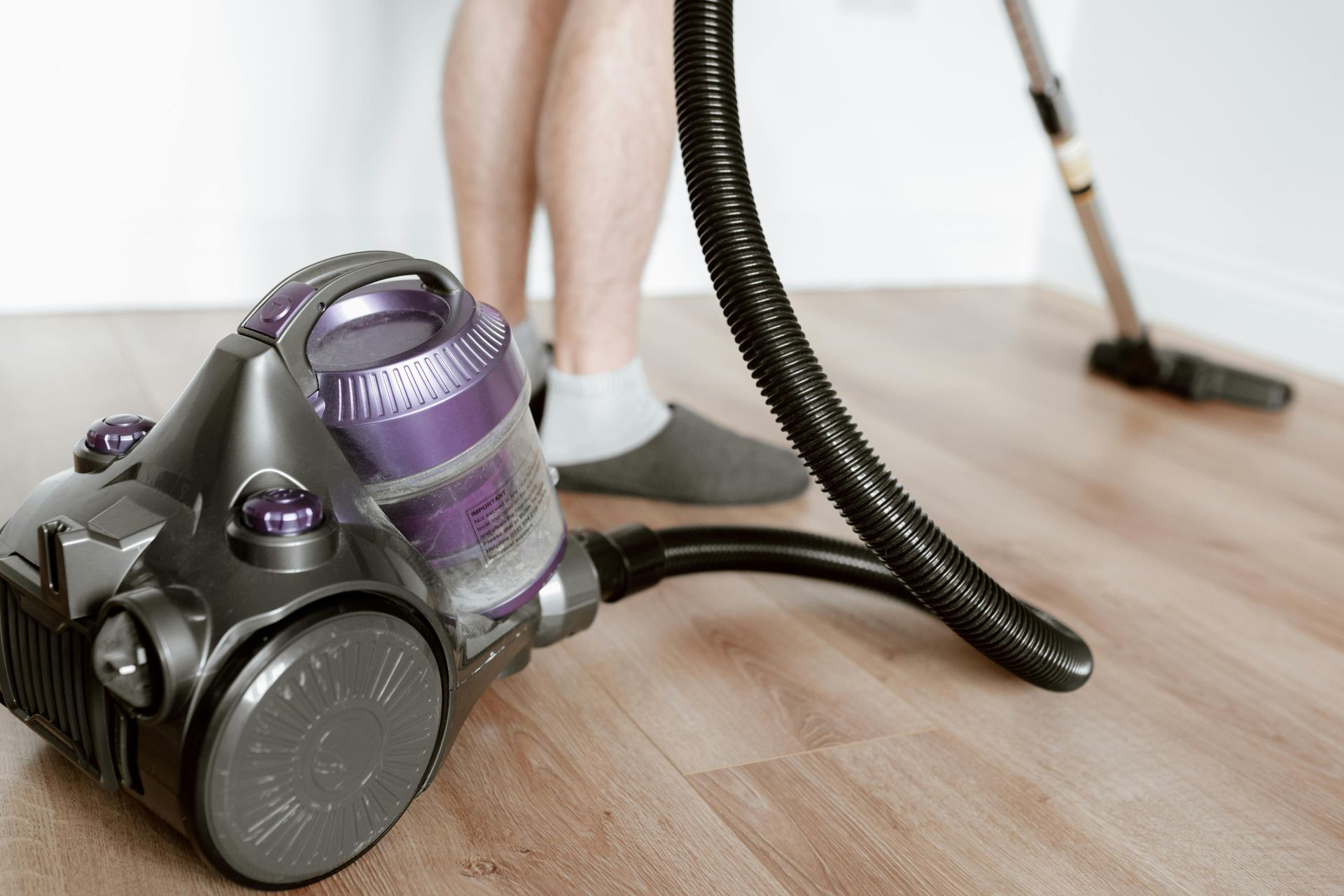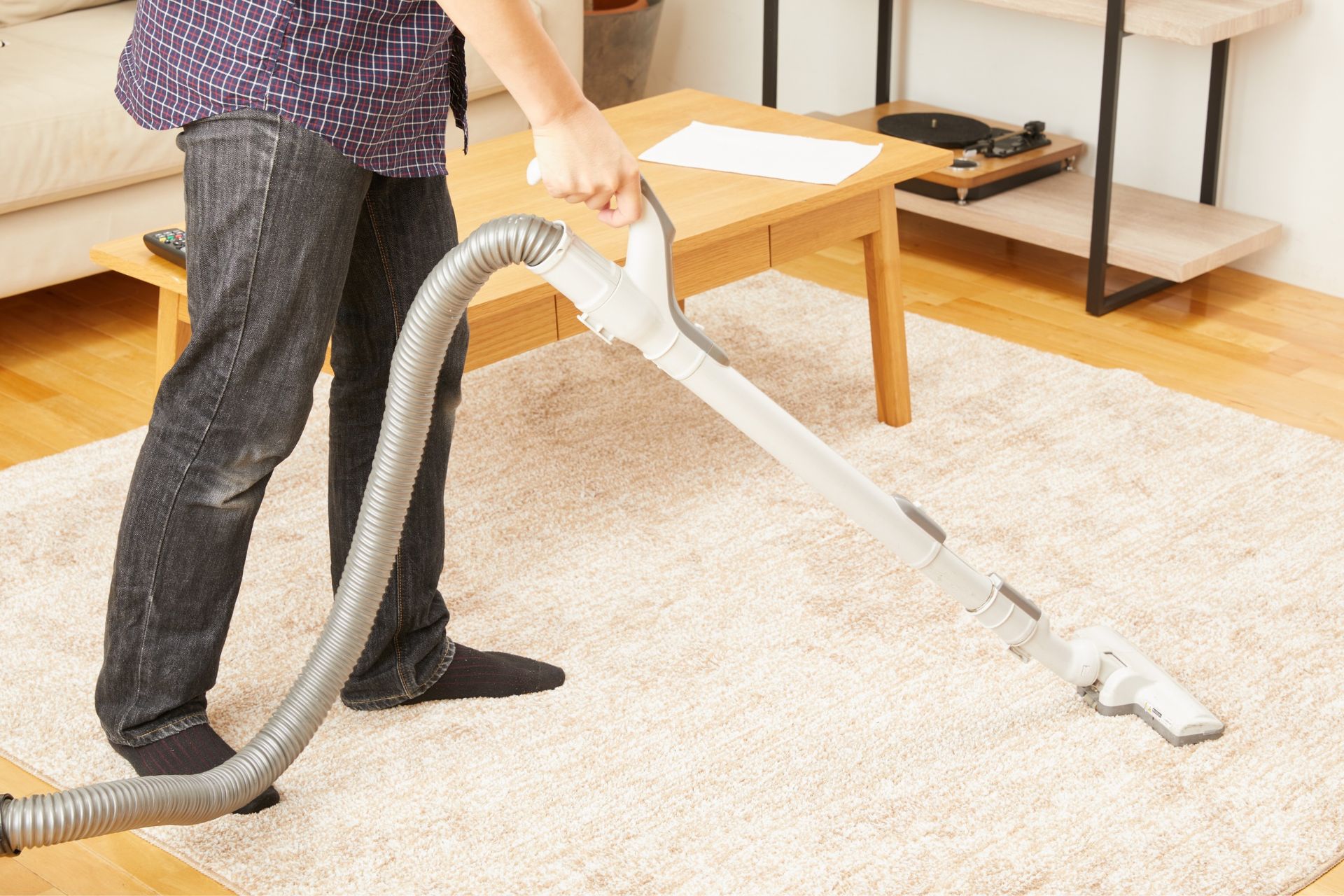Introduction: What to Know Before Buying a Vacuum Cleaner?
Shopping for a new vacuum can be overwhelming with so many models, features, and price ranges available. Before making a purchase, it’s essential to understand what to know before buying a vacuum cleaner. From suction power and filtration systems to design and maintenance, each factor plays a role in how effective your vacuum will be.
In this article, we’ll break down the key things to consider so you can confidently choose the right vacuum for your home.

Understanding Different Types of Vacuum Cleaners
When learning what to know before buying a vacuum cleaner, the first step is identifying the type that suits your needs:
- Upright vacuums – Great for deep carpet cleaning and larger homes.
- Canister vacuums – Flexible and powerful, ideal for mixed flooring.
- Stick vacuums – Lightweight, cordless options for quick cleanups.
- Handheld vacuums – Perfect for cars, upholstery, and small messes.
- Robotic vacuums – Automated cleaning for convenience, though less powerful.
Each style has strengths and weaknesses, so think about your flooring, home size, and lifestyle.
Suction Power and Performance
A key factor in what to know before buying a vacuum cleaner is suction power.
- High suction is critical for carpet cleaning.
- For hardwood floors, moderate suction is enough but requires special attachments to avoid scratches.
- Look at air watts (AW) or water lift measurements, which indicate real suction performance.
Strong suction ensures your vacuum picks up dust, dirt, and pet hair effectively.
Filtration Systems: Why They Matter
If you suffer from allergies or asthma, filtration should be top of your checklist.
- HEPA filters trap 99.97% of dust and allergens.
- Multi-layer filters prevent fine particles from escaping into the air.
- Washable filters reduce replacement costs but require maintenance.
When considering what to know before buying a vacuum cleaner, remember that a good filter improves indoor air quality.
Bagged vs. Bagless Models
Another major decision is whether to buy a bagged or bagless vacuum.
- Bagged vacuums: Hygienic, trap dust inside sealed bags, require ongoing bag replacements.
- Bagless vacuums: More eco-friendly, no bags needed, but dust bins can be messy to empty.
If hygiene is your top priority, bagged models are best. For convenience and reduced long-term cost, bagless may be better.
Weight and Maneuverability
Ease of use is a practical point in what to know before buying a vacuum cleaner.
- Upright vacuums are heavier but cover wide areas quickly.
- Canister vacuums are easier to maneuver around furniture.
- Stick vacuums are lightweight and cordless, but may have shorter run times.
Consider who will be using the vacuum most often—lightweight options are ideal for seniors or those with limited mobility.
Attachments and Accessories
A vacuum’s versatility depends on its attachments. Look for these common add-ons:
- Crevice tool – For tight corners and baseboards.
- Upholstery brush – Perfect for sofas and chairs.
- Pet hair tool – Designed for removing fur from carpets and furniture.
- Hard floor nozzle – Gentle cleaning for wood or tile.
When thinking about what to know before buying a vacuum cleaner, attachments can be the difference between basic cleaning and a truly deep clean.
Noise Level Considerations
Noise is often overlooked, but it’s an important factor.
- Quieter vacuums are better for apartments, small children, or pets.
- Models range from 60–85 decibels, with canister vacuums generally quieter than uprights.
If you want peace and comfort, check the decibel rating before buying.
Corded vs. Cordless Vacuums
Another aspect of what to know before buying a vacuum cleaner is whether to choose corded or cordless.
- Corded vacuums: Unlimited runtime and generally stronger suction.
- Cordless vacuums: Convenient, portable, but limited by battery life.
For large homes, corded may be better, while cordless works great for small apartments or quick cleaning.
Maintenance and Longevity
The lifespan of a vacuum depends heavily on how much maintenance it requires.
- Bagged vacuums often last longer due to better motor protection.
- Bagless models may need more frequent filter cleaning.
- Regularly checking belts, brushes, and filters ensures durability.
When considering what to know before buying a vacuum cleaner, think about how much time and effort you’re willing to put into upkeep.
Price and Budget Considerations
Vacuum prices can range from $50 to $1,000+. Here’s what to expect:
- Budget vacuums: Simple features, suitable for small spaces.
- Mid-range vacuums: Balanced performance with better durability.
- High-end vacuums: Premium filtration, stronger suction, advanced technology.
Decide on your budget and balance features against cost before choosing.
Special Features to Look For
Modern vacuums offer innovative features that enhance convenience:
- Smart sensors that adjust suction based on surface.
- LED headlights to spot hidden dirt.
- Automatic cord rewind for easy storage.
- App connectivity in robotic vacuums for remote control.
These extras can make cleaning easier and more efficient.
Best Brands to Consider
When thinking about what to know before buying a vacuum cleaner, brand reputation matters. Some trusted names include:
- Dyson – Known for innovative technology and powerful suction.
- Miele – High-quality, durable bagged vacuums with strong filtration.
- Shark – Affordable yet versatile with good features.
- Hoover & Bissell – Reliable mid-range options.
- Roomba – Leader in robotic vacuums.
Choosing a reputable brand often means better customer support and longer product life.
Energy Efficiency
Eco-conscious buyers should consider energy use.
- Look for Energy Star certified models.
- Cordless vacuums consume less power but rely on battery replacement.
- Efficient motors save on electricity while providing strong suction.
This is especially important for households aiming to reduce their environmental footprint.
FAQs About Buying a Vacuum Cleaner
- What is the best type of vacuum for carpets?
Upright or canister vacuums with strong suction and brush rolls. - What’s the best option for allergies?
Bagged vacuums with HEPA filters. - How long should a vacuum last?
Typically 5–8 years with proper care. - Are expensive vacuums worth it?
Yes, if you need advanced filtration, stronger suction, or longer durability. - Should I buy a robot vacuum?
Great for daily maintenance, but not a replacement for deep cleaning.
Conclusion: What to Know Before Buying a Vacuum Cleaner?
Choosing the right vacuum doesn’t have to be complicated if you know what to look for. From suction power and filtration to type, weight, and budget, understanding what to know before buying a vacuum cleaner will help you make a smart investment.
By comparing features, considering your lifestyle, and choosing a trusted brand, you can find the perfect vacuum that keeps your home clean and your air fresh.
